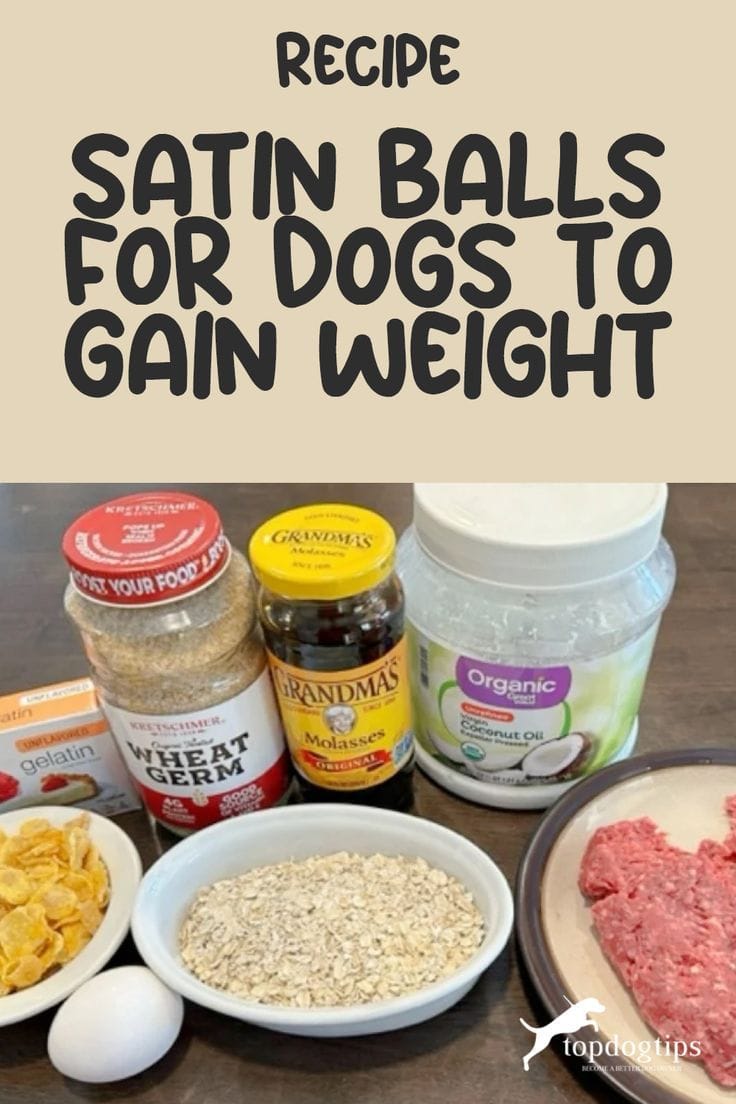If your furry friend is on the leaner side and needs to pack on some pounds, this guide is for you. While many pets struggle with being overweight, some require the opposite – gaining healthy weight. This article will explore how to enrich your dog’s diet with homemade food to help them achieve a healthy physique.
It’s common for pets to be overweight, but if your dog is on the boney side and experiencing weight loss, simply increasing portion sizes might not be enough. Joseph J. Wakshlag, a professor of clinical nutrition at Cornell’s College of Veterinary Medicine, emphasizes the importance of protein. “Typically, we like to see slightly higher protein diets,” Wakshlag explains. High-quality animal proteins rich in phosphates, magnesium, and potassium, such as ground beef or turkey, are crucial for muscle development and maintenance, especially as dogs age.
Your underweight dog’s diet must also meet specific caloric requirements. Proteins like beef and lamb are naturally higher in calories compared to chicken or fish.
However, the most critical aspect of creating your own dog food is ensuring it’s a complete and balanced diet tailored to your dog’s unique nutritional needs.
Always collaborate with a professional when dealing with a malnourished dog. Before embarking on a home-cooking journey to help your dog gain weight, consult your veterinarian or a veterinary nutritionist. They are best equipped to guide you on an appropriate weight gain strategy that aligns with your dog’s specific needs and body condition.
Vet-Recommended Supplements for Homemade Diets
One of the most straightforward ways to prepare homemade dog food is by using a specialized nutrient blend. These blends are formulated to meet AAFCO recommendations for your dog’s health, ensuring a complete and balanced diet. The blends are typically compounded from human-grade nutraceuticals regulated by the FDA.
A highly recommended DIY formula for dogs needing to gain weight is a high-calorie, high-protein, and high-fat recipe that is low in carbohydrates. One such recipe features ingredients like sweet potatoes, beef liver, carrots, and green beans, providing essential vitamins and minerals such as niacin, calcium, potassium, vitamin A, vitamin C, and antioxidants. You can prepare this recipe using a slow cooker or an Instant Pot.
Another vet-recommended high-protein option is a homemade lamb dog food recipe. This typically includes ground lamb, long-grain brown rice, vegetables, lamb liver, and blueberries. It is highly palatable and calorically dense with healthy fats, making it an excellent maintenance diet for active adult dogs, underweight dogs, picky eaters, or those with smaller appetites. This recipe can also be prepared in a slow cooker or Instant Pot.
Satin Balls for Weight Gain
Satin balls are essentially raw food meatballs, known for being calorie-dense with a high fat content. They are commonly made with raw eggs, starch, ground beef, and sometimes peanut butter or coconut oil.
It is crucial to consult your vet before considering this method, as raw food can pose significant risks to both pets and humans. Generally, veterinary professionals do not recommend feeding dogs raw meat.
Homemade Pet Food vs. Store-Bought Kibble
Quality ingredients form the foundation of healthy dog food, similar to the human food you find at the grocery store. Veterinarians often suggest preparing your dog’s food at home rather than purchasing commercial wet or dry dog food for weight gain. By using whole foods, you can avoid concerns about preservatives and fillers, which your dog will appreciate in the long run.
Best Practices for Homemade Dog Food
Beyond adjusting the food quantity to match your dog’s ideal weight, owners should consider their pup’s activity level, breed, and any existing health issues. These factors will help determine an appropriate portion size.
It’s vital to adhere strictly to recipe instructions to create a truly complete and balanced diet. Always use the corresponding Nutrient Blend and Omega fish oil specified for each recipe.
Store prepared food in an airtight container to maintain freshness. Freeze any extra leftovers within three days.
Enhance Your Dog’s Regular Food
If your dog currently eats kibble, that’s perfectly fine! Every household has unique circumstances. If DIY dog food isn’t feasible, consider using toppers to boost the nutritional value of your dog’s standard dry food.
You might also try mixing in some puppy food, which is typically higher in calories than regular dog food to support the energy needs of growing pups.
Always work with your veterinarian to identify the best dog food and carbohydrate level for your pup’s specific needs. Regularly monitor your dog’s weight and exercise caution regarding overfeeding when adding extra calories. Remember that dog treats should constitute no more than 10% of your dog’s daily caloric intake.
Stella’s Recovery Story
When Stella fell ill with a mysterious condition, she experienced significant weight loss. Her veterinarian recommended a specialized diet, and she has been thriving ever since.
Final Thoughts
If your dog continues to lose weight despite your efforts, an underlying medical condition may need to be addressed. Always consult a veterinarian to rule out any factors beyond your control.
For those short on time, pre-made lamb and beef recipes are often available through various online retailers, pet stores, or local pet food kitchens.
This content is intended for informational purposes only and does not substitute for professional nutrition or medical advice, diagnosis, or treatment. It is not a substitute for and should not be relied upon for specific nutrition or medical recommendations. Always consult with your veterinarian regarding any questions or concerns.

